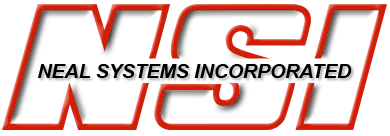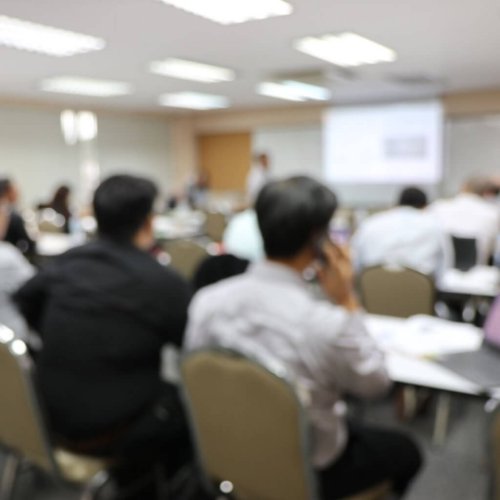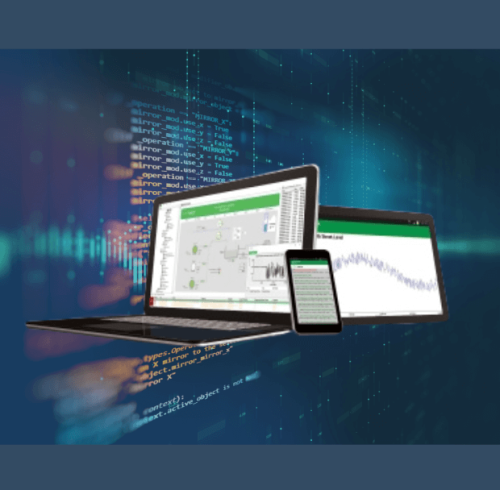Training Courses
Neal Systems offers instrumentation and control training using both a classroom and demo room environment. Suitable for junior engineers, maintenance technicians, field service personnel, design and control engineers and calibration techs, our courses are designed and taught by degreed engineers, all with over 30 years of experience.
Download our training brochure here!
Personnel involved in the maintenance and operation of manufacturing facilities where toxic and combustible gases are processed and handled are at constant risk of experiencing health issues; injury; property loss or damage; or – at worst – fatality, should such gases ever leak. It is therefore vital for facility operators to adopt gas leak safety practices to help ensure the health and well-being of facility personnel and the physical environment in which they spend their working day.
Available in ½, Single, or Two Day Sessions, this course is designed to educate technicians and engineers on general toxic and combustible gas leak monitoring and detection practices. Strategies for implementing gas leak monitoring and detection systems, as well as suggested protocols personnel should observe when working in areas where toxic or combustible gas leak occurrence is a strong possibility shall be covered. Options for gas leak detection instrumentation and systems will be discussed, along with basic theories and principles explaining how such equipment works. The configuration and maintenance of a facility’s gas leak detection infrastructure will be discussed within the context of keeping people and property protected and safe.
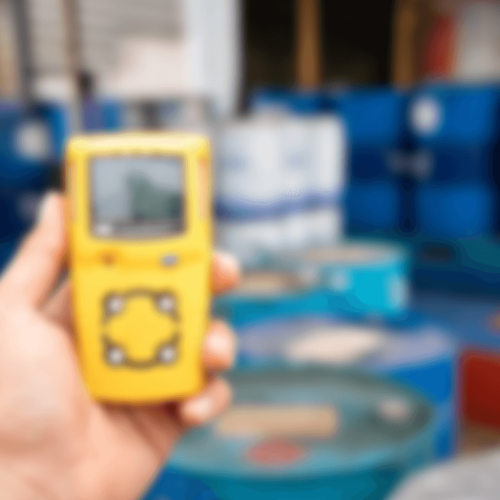
1/2-DAY
Welcome & Sign-In
What is Gas Leak Detection and Why Is It Important?
Gas Leak Sensor Types and How They Work
Toxic and Combustible Gas Characteristics
Gas Leak Detector Instruments and Alarm Controllers
Break
Gas Leak Detection System Architecture Overview
Gas Leak Detection System Installation, Start Up and Maintenance Basics
Wrap Up and Dismissal
1-Day
Same as 1/2 day plus:
Lunch
Hands On: Installing, Wiring, Energizing, and Configuring a Gas Leak Detector
Hands On: Gas Leak Monitoring and Alarm Controller Configuration
Break
Gas Leak Detector Start Up, Maintenance, and Calibration
Wrap Up and Dismissal
2-Day
Same as 1-day plus:
Open Space Monitoring for Combustibles
Flame Detection
Lunch
Hands On: Open Space Combustible Monitor Installation, Wiring, Energization, and Configuration
Break
Hands On: Flame Detector Installation, Wiring, Energization, and Configuration
Wrap Up and Dismissal
A 4-20 mA loop is very often the least expensive, most reliable and simplest means of electrically sending a single measurement value, i. e. a temperature, pressure or flow rate from a transmitting device to one or more receiving devices at another location.
This 4-hour course will provide application guidelines and the best installation practices that must be followed for successful implementation. Students will learn to discover, diagnose and correct issues that result in inaccurate or non-functioning loops and become familiar with HART protocol to monitor and configure devices.
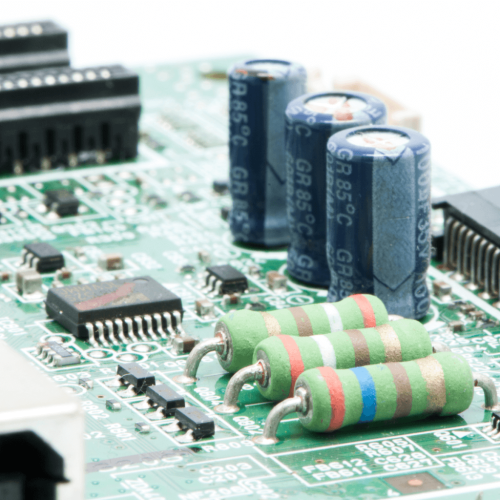
1/2-DAY
Welcome & Sign-In
Definition of a 4-20mA loop
Description of Loop Components
Pros and Cons of a 4-20mA loop
Essential knowledge needed to work with 4-20mA loops
Break
Good installation practices
Understanding/diagnosing problem loops
Wrap Up and Dismissal
This course will cover the fundamentals of temperature measurement. Topics presented include definitions of heat and temperature, temperature scales and how to convert them, range and accuracy of common industrial temperature sensors, selection and application of sensors for industrial processes, system design, troubleshooting and calibration.
Upon completing this 4-hour course, attendees will become comfortable identifying existing sensors, evaluating whether they are appropriate for the process and installed properly, and be able to determine whether that sensor is functioning properly. Students will also be able to select appropriate sensors and installation methods for new systems.
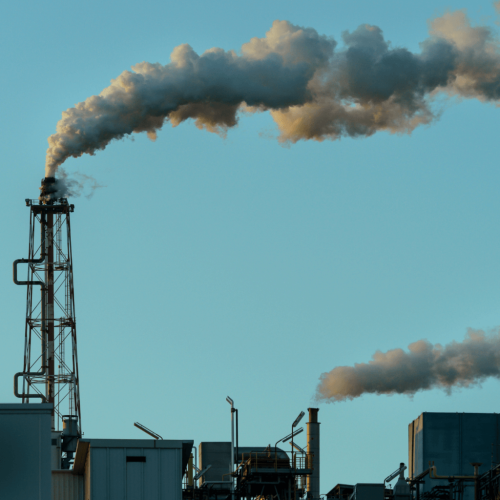
The variety of choices facing anyone confronted with a flow measurement application are vast. This 3-hour course will examine the most common flow meter choices, provide an understanding of measurement principles and the advantages/limitations of each type.
Topics include flow definitions, reasons for measuring flow, definition of volumetric, mass and standard volume units, accuracy, repeatability and rangeability.
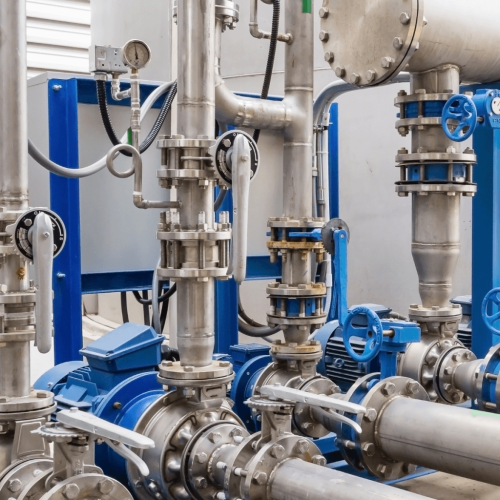
1/2-DAY
Welcome & Sign-In
Definitions of temperature and heat
Temperature scales/conversion
Sensor range and accuracy
Temperature sensor types
Temperature sensor selection
Break
Calibration
Troubleshooting
Wrap Up and Dismissal
This course will introduce attendees to the Eurotherm programming package, iTools. iTools is used for all Eurotherm controller products e.g. Nanodac, EPC3000, Mini8, 3504, 3508, EPack and EPower.
At the end of a half day, attendees will be able to connect to an instrument and save / download a file, make minor changes, set-up a profile, and monitor a live program. The second half day will cover PID control, totalizers, math functions, recipes, and communications.
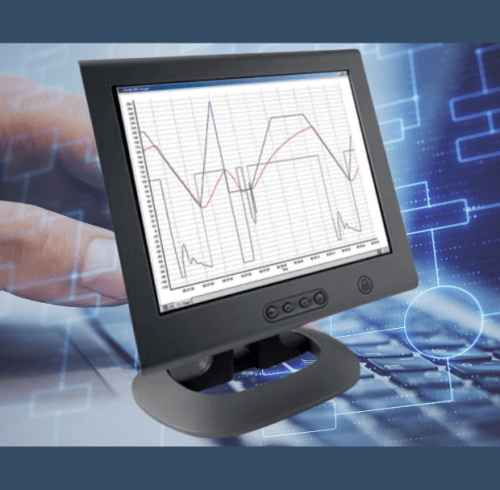
AM (1/2 DAY)
Welcome & Sign-In
The different mechanisms to connect to an instrument
How to upload to / download from / an instrument
Concepts of function block programming
Differences in capabilities between controllers
How to make changes to an existing program
Monitoring and commenting a program
Setting up and running a Setpoint profile
OPC Scope
Wrap Up and Dismissal
PM (FULL DAY)
PID control
Tuning a loop
Adding math functions and totalizers
Creating a recipe
Setting up communications to other controllers / PLC’s / SCADA
Wrap Up and Dismissal
3-DAY AGENDA
Install and configure GeoSCADA servers and clients
Configure GeoSCADA security and data retrieval / control
Create visualizations for data retrieved from the field devices (i.e. graphical pumps, tanks, buttons, etc.)
Use templates to quickly design large systems
Setting up communications to other controllers / PLC’s / SCADA
Discuss backups / exports of database and architecture
